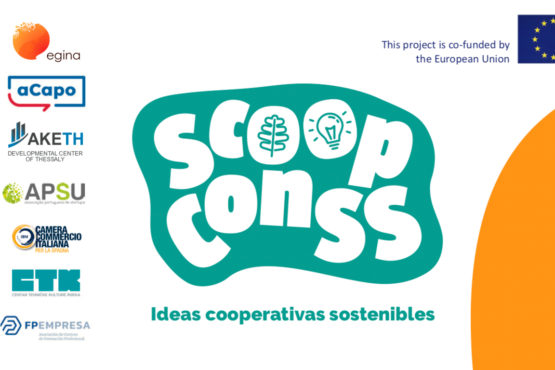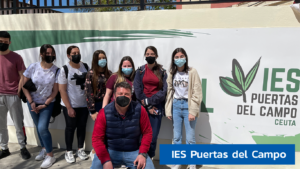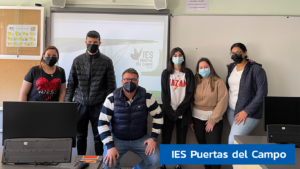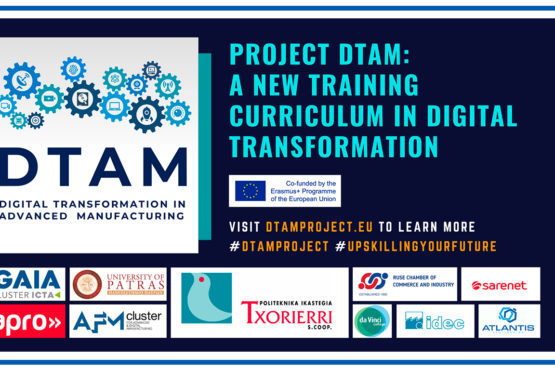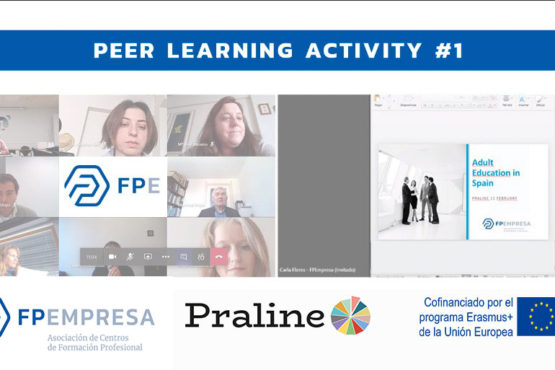Since November 2019, EFAS Castilla La Mancha – and in its representation EFA EL LLANO, associated centre of FPEmpresa VET Schools Association – is part of the Erasmus+ “ENVOL” project.
The project was launched in December 2019 in Italy (Bologna) and its main objective is to strengthen the existing mechanisms of recognising and validating non-formal and informal knowledge and skills corresponding to levels 1 and 2 of the European Qualifications Framework (EQF). The project goal is to obtain four intellectual outputs:
1 – Procedure and proceeding.
2 – Positioning model.
3 – User guide.
4 – Policy recommendations.
EFA EL LLANO, will be responsable for the third part of the project: “User guide”.
The project can be better understood by looking at the comparison of educational levels: Spanish National Qualifications Framework (NQF-CNCP) and the European Framework (EQF).

Among all the countries associated to this project (Portugal, Belgium, Italy and Spain) only Portugal and Spain have a process of recognition, validation and certification of professional competences at national level, with a National Qualifications Framework. In the first phase of the project, after defining the national levels and their equivalence in the European framework, the collaboration of experts from inside or outside the organisations are thought to validate and add value to the first intellectual output (Processes and procedures for the recognition and positioning of learning in levels 1 and 2 of the European Framework-EQF). For this purpose, the so-called “workshops” have been created so as the expert advisors give their opinion.

The project relies on the following asumptions:
– The Level 1 of the Spanish Qualifications Framework (NQF-CNCP) corresponds to Compulsory Secondary Education and Basic Vocational Training (Ministry of Education and Vocational Training) and some Certificated of Professional Standards (Ministry of Labour).
– The Level 1 of the Spanish Qualifications Framework (NQF-CNCP) is equivalent to level 1 and 2 of the European Framework, and therefore they are to be considered the lowest levels of qualification that are contemplated in Spain in order to be able to make an equivalence with the European level 1.
– The Spanish Framework (NQF-CNCP) has no benchmarks and recognition for professional level 1 European Framework, except for lifelong learning.
– Many adults (young people) do not go on to higher education and enter the labour market into various functions without having a specific qualification.
– Currently, there is a process of legislative change in education, which affects the levels contemplated in the Envol project.
Under the direction of the Portuguese partner (Santa Casa de la Misericordia) a common reference model is being developed to establish the positioning of the candidate competences at the levels under study.
In the next phase, the third, EFA EL LLANO will lead the development of the user guide, whose objective will be to shed light on the process of recognition and validation at the European level.



